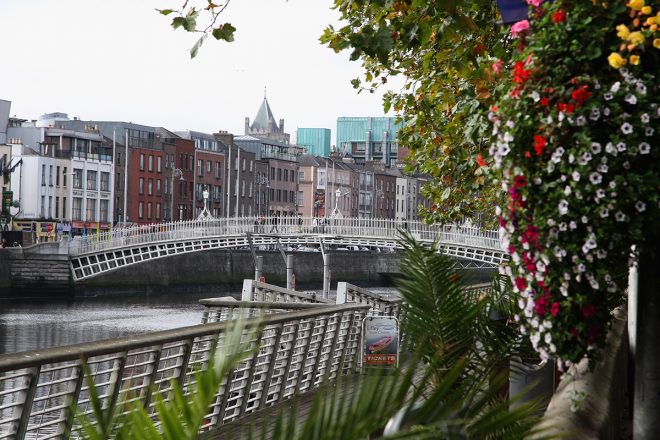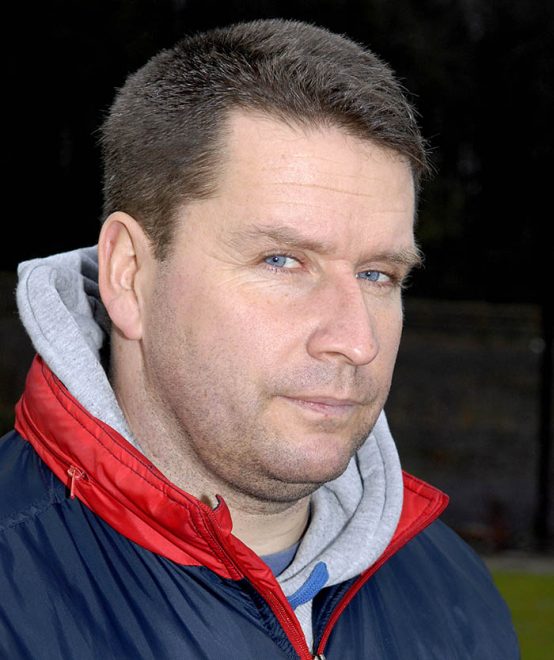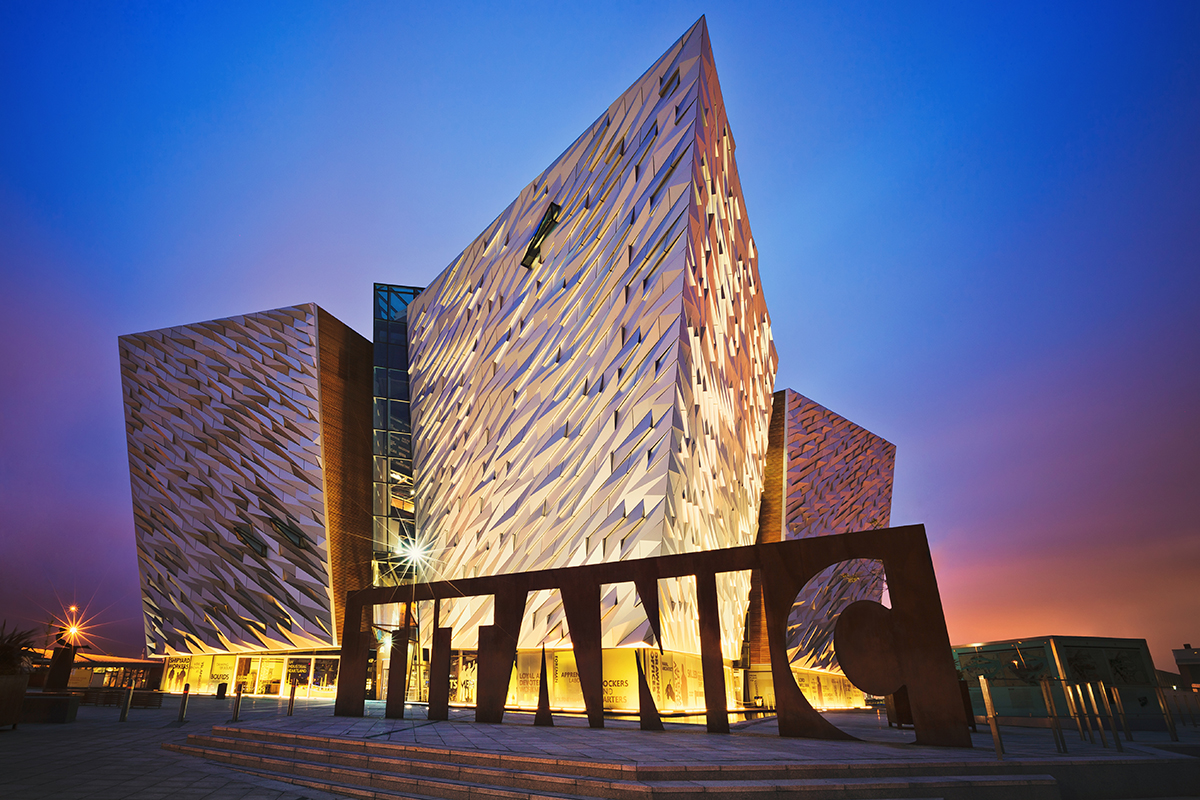EU transition end will still allow free movement across Ireland and the UK
FIND OUT MORE DETAILS AT
As the only part of the UK that shares a physical border with the EU, there is a significant number of people crossing back and forth between Northern Ireland and Ireland and for many different reasons, whether to work, shop, attend schools or places of third level education, or even to enjoy a break. Now that the UK has left the EU and the transition period is set to end on 31 December, what will the new relationship with the EU mean for people living on either side of the Irish border and their use of the Common Travel Area? What will be different when we reach January 1? The answer is that in terms of the Common Travel Area, nothing will change.
- UK and Irish citizens will still be able to move freely between the UK and Ireland. And that’s important – the cultural, economic, social and sporting links between Northern Ireland and the Republic are significant and both governments want to ensure that there is seamless movement between the end of the transition period and the UK’s New Start.
- UK citizens who are living in Ireland and Irish citizens in the UK do not need a visa, residence permit or employment permit. They will be able to access all levels of education in either country.
- People can claim only one state’s social security provisions,but can secure those benefits and entitlements in whichever one they are residing or working in.
- They have the right to access healthcare in either state, and when visiting can get the treatment needed during their stay.
- UK and Irish citizens who are residing in either state have the right to access social housing and they’re entitled to register to vote if you’re a UK or Irish citizen living in either state.
So the transition period will come to an end on December 31 – but as far as the Irish border is concerned, for people crossing it to work, learn or travel, nothing at all will change.

DUBLIN
COMMON TRAVEL AREA WON’T IMPACT SPORT OR WORK
In sporting terms, cross border links are the lifeblood or sports like rugby, hockey and cricket where the players at international level are drawn from both sides of the border.
Mick McKinnon lives in Richhill on the northern side of the border but works on the southern side, where he is a Special Needs Assistant at King’s Hospital School in Palmerstown, Co Dublin. He’s also an assistant coach with the Irish senior women’s hockey team, which is currently preparing for COVID-delayed Tokyo 2021 Olympics.
King’s Hospital School is a boarding school, and Mick stays there for two nights every week and travels for the other days, leaving home at 5.30am to start the week’s work on Mondays. He works late too before travelling home for the weekend, so is grateful that there are no ‘border issues’ to come. Players in the Ireland senior women’s hockey team also come from both sides of the border so it’s essential that life continues as normal after January 1.

CROSS-BORDER: Mick McKinnon lives on the northern side and works on the southern side.
Mick said he is relieved to learn that continuation of the Common Travel Area means there will be zero impact on the job he loves and the sport at which he helps people excel. The commitments made by both governments are reassuring.
“It’s not something I’m worried about,” he says. “I’m not anticipating any changes. Sports like cricket, hockey and rugby are all-Ireland sports so I’m happy that things will remain the same. Any changes would have caused problems. I work long hours and travel but I’m working in a job I really like. I love my job.”
Everyone in a similar situation can also be assured that there will be no impact on their lives and livelihoods in terms of the Common Travel Area.
This article is part of a paid-for Partnership with the UK Government










